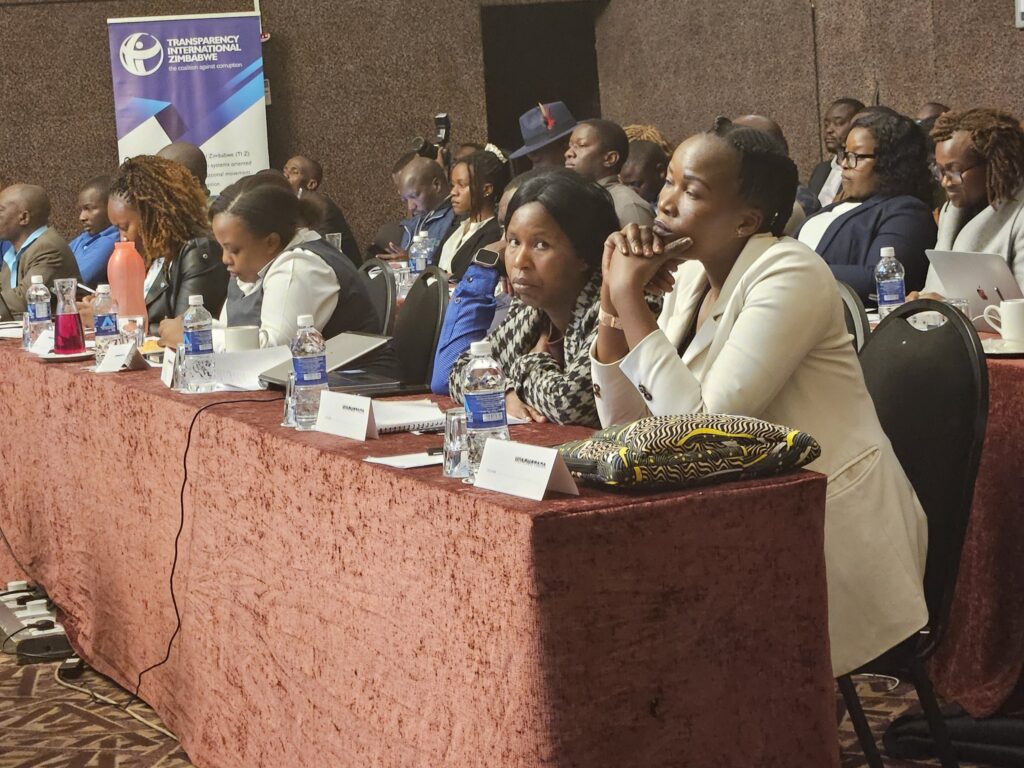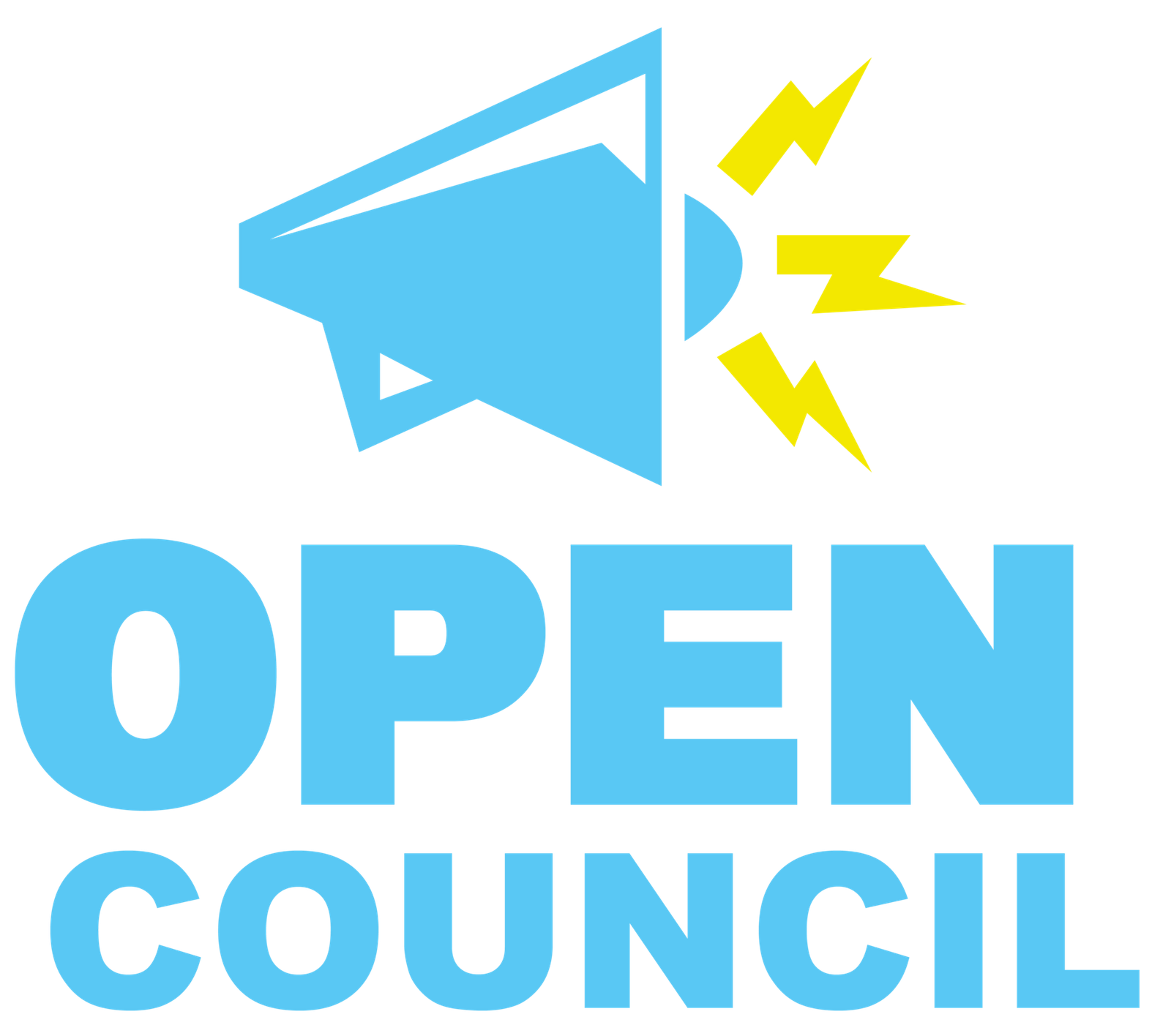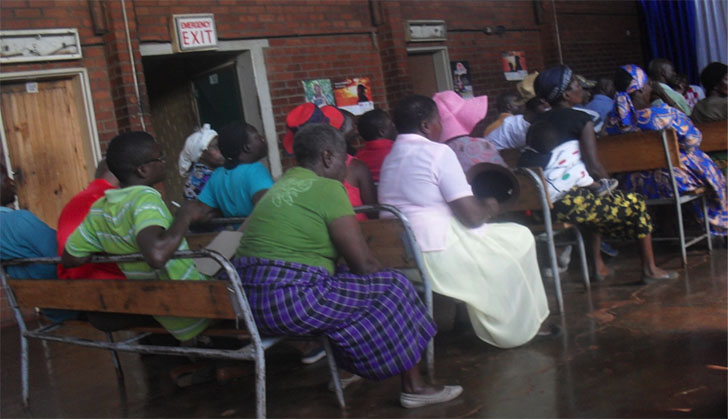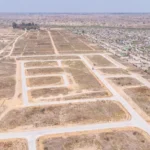By Precious Shumba, Director of the Harare Residents’ Trust (HRT)
In his book titled, “Models of Democracy”, Held (2006) said liberalism is associated with the doctrine that within the state, individuals should be free to pursue their socio-economic and political preferences.
Liberal democracy places emphasis on government through discussion.
As a theory, it advances the argument that people’s freedoms are guaranteed through a liberal constitution that provides for checks and balances, with the representation of diverse citizenry interests.
Biko (1987) attacked the liberal ideology saying it must be killed because it was perpetuating the suffering of the black majority in apartheid South Africa where the relations of the people were defined in terms of one’s skin colour.
In the strictest sense of application of this theory, there is intention to be inclusive and tolerant of diversity, yet ultimately perpetuating social inequalities and entrenching the privileged positions of the ruling elites and the powerful in society.

For the purpose of my critique of the kind of lobbying and advocacy that we are witnessing within the local government sector, this brief write-up highlights how the liberals have come in to represent their hidden agenda but pretending to be on the side of the people.
It is argued that this has weakened the democratic struggle for improved social accountability by our elected officials and bureaucrats within our public institutions.
When it comes to holding public officials accountable, and demanding the righting the wrongs being done in society, the liberals are quick to present a rational explanation.
They desperately try to appease the bureaucrats and other policymakers about the importance of accepting that the ordinary people have a say in service provision, and therefore must be developed until they finally understand issues.
In their world, residents are ignorant and a few must be enlightened to appreciate that the officials and policymakers are going out of their way to accommodate them.
In view of these dynamics, the liberals give prominence to the struggles of the poor people while maximising on opportunities that will eventually give them the privileges of the bureaucracy and ruling elites who have for long disregarded the voices of the people.
Liberalism is therefore concerned with the preservation and protection of the self-interest represented by the safeguarding of the individual from the ‘tyranny of the majorities’ as argued by the foremost liberal theorist John Stuart Mills.
The liberals feared the entrenchment of deliberative democracy but strongly believe in the putting in place of systems that promote individual rights and privileges.
Within the Zimbabwe context, and in the work of civil society organisations within the Harare Metropolitan Province, there has been a strong liberal push to totally undermine the mass involvement of the people in key decision-making processes.
Bureaucrats give excuses not to participate in community engagements.
This has been seen in the proliferation of briefcase organisations that believe that as long as they have access to public officials, elected and bureaucrats, there is no need to worry much about the access and involvement by the majority of the citizens in public policy processes.
They strongly believe that they can represent and determine the needs and priorities of the people.
Resultantly, a lot of bureaucrats and policymakers hide in their offices, preferring to engage individuals who pamper them with praise while they deprive the majority of the people deserved public services.
These bureaucrats prefer one on one engagements with liberal individuals but have shown open hostility to the ordinary people.
When the residents request for meetings to dialogue on public service concerns, the bureaucrats will say that they do not have authority to speak on behalf of their institutions yet their jobs entail working with communities.
It is that stinking attitude that service delivery has plunged to its current toxic, opaque and unaccountable levels.
When government and council critics raise issues, the liberals have become ardent opposers of the citizens’ movements championing for the massive involvement of the residents in their community affairs.
The bureaucrats have to be put under a lot of pressure to be accountable, and if necessary for the residents to organise public demonstrations against the rot in the City of Harare, government ministries, departments and agencies.
There is no point continuing to pursue dialogue with people who have no interest in resolving basic service delivery challenges.
The Harare Residents’ Trust (HRT) values dialogue but will not seek dialogue when the residents’ sufferings are ignored by people who have the public duty to respond and timeously address expressed issues.
The residents cannot be forced to bend backwards to accommodate lazy, incompetent and unprofessional bureaucrats and non-responsive policymakers in the name of being regarded as reasonable when all they want is the freedom and peace to undermine service delivery provision.
In conclusion, the liberal ideology, while pursuing individual rights of the citizens, perpetuates the oppression of the majority in the name of the rule of law.
Criticisms of the bureaucracy and policymakers should be taken as an encouragement for them to reform and improve their conduct, timeously respond to the numerous reports that come through to them from the residents and be professional in their work.



